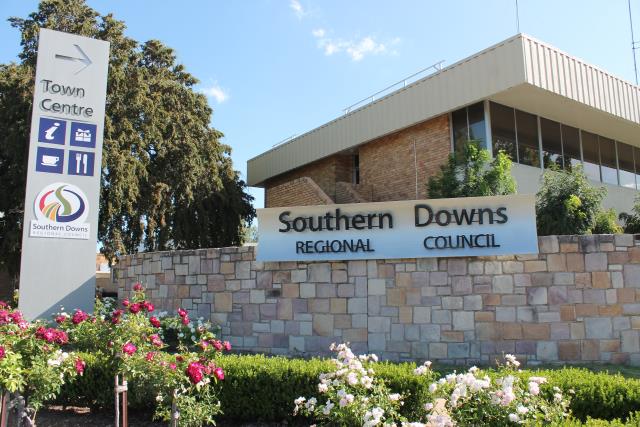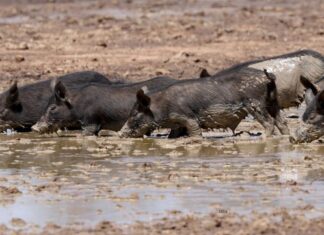Two vote against council budget

Digital Edition
Subscribe
Get an all ACCESS PASS to the News and your Digital Edition with an online subscription
Million-dollar feral pig plan opens for feedback
The Queensland Government’s $1 million feral pig management action plan draft is now open for public consultation.
Aligning with the national action plan, the...








